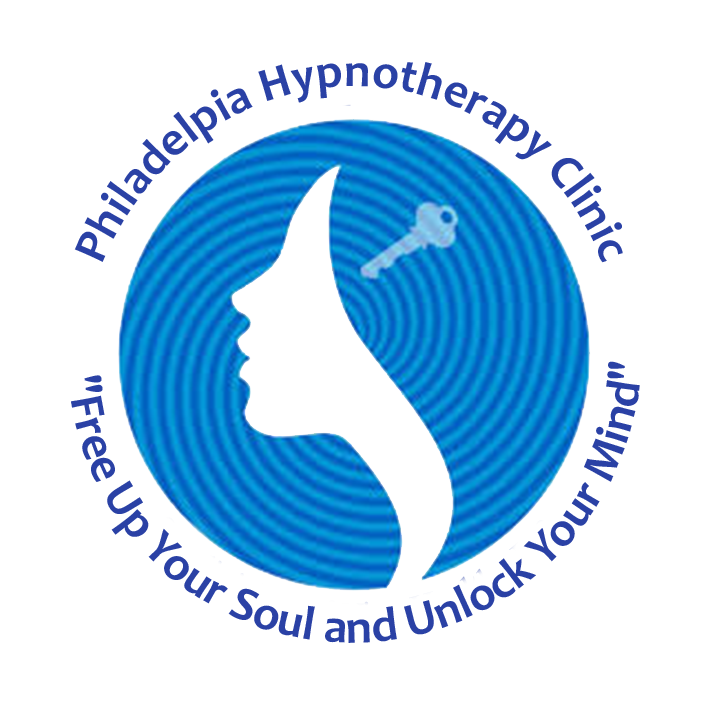First steps in real life.
My family did not belong to a category of rich people, we were somewhere above average. My parents had enough money for food and roof over our heads, but not enough for a car. At that time only criminals and the corrupted clerks at the government in Soviet Union had money.
Regardless, my parents and grandparents decided to invest everything they could in my future, my cultural development, and education.
When I was almost three years old, I walked down the street with my mom and sang a song from a very popular television show about a 65 years old college professor who met a 35 years old beautiful teacher who fell in love. A Jewish man about 75 years old approached my mom and me and introduced himself, “I’m a piano professor in conservatory. Your son is gifted and he can achieve great success in music. Bring him to me and I will take care of his musical education.”
A few months later my mom brought me to the local school for fine arts and the professor did everything he promised. I love music. The problem was that I love to listen, not play. Music never had been in my dreams. I already knew that my destiny was medicine.
At that age I could not understand why I should spend hours to learn how to play Bach, Beethoven, and Chopin if I could use the time for learning the anatomy of a human body and the physiology of all processes that happen inside.
From 1958-1959 I was really becoming interested in all aspects of the human body, how everything worked, synchronized, and why sometimes the harmony and beauty of the human body glitches causing diseases and even death.
Evening tea ceremonies that happened in our apartment 2-3 times a week between my grandfather and physicians friends where they discussed interesting medical episodes became the most important parts of my life. I asked many questions and not all of them could possibly be answered. My grandfather gave me the nickname Pochemuchka. “Pochemu” in Russian means “why” and “pochemuchka” is a person who is constantly asking questions.
He taught me that being a medical doctor was the most important and respectful profession. He would say, “When I meet my patients on the street they always greet me “Hello Doctor”. Nobody say “Hello engineer” or “Hello lawyer”, which means that “Hello doctor” is a form of special respect.”
When I was 5 and a half years old my development level was equal to the 3rd grade. I was able to read pretty fast, I did all double digits calculations without calculator and paper and I knew the table of multiplication from 1 to 9.
The education system in Soviet Union was very advanced. All schools were public, and teachers were dedicated to their work; school was their second home. According to school rules, children aged 7 can be admitted. When my parents brought me to the principal of the best public school in the city two years earlier, the principal rejected the admission request. Bureaucracy was a part of life in Soviet Union. Now I understand that it wasn’t the principle’s call, he had to follow the rules. I had a high IQ wise and my parents used their personal connections in the local department of education for me to attend a primary school at 6 without kindergarten.
First year at school was very boring. I knew everything. I read, I wrote, and I calculated. Everything that my classmates learned I already knew. I was looking for some kind of social activities and I established a “job position” for myself. I brought a first aid kit to school and demonstrated to my teacher and school nurse how I could help my classmates in case of light injuries that happen every day. I knew how to clean cuts and wounds, how to make a bandage using swathe and Gauze Dressing Pads, and even how to stop bleeding by pressing an artery against the nearest bone. I also knew how to install a simple splint in case of closed bone fracture. It was my first “job” in the medical field. Every day after school, I discussed with my grandfather how I “treated” my friends from a knee wound that happened during a soccer game or how I measured body temperature when someone did not feel well. My granddad proudly phoned his friends and told them about my progress.
When my grandpa was fatally ill his friends visited and examined him every day and explained to me what they discovered. Unfortunately, he had cancer and at that time he had no chance to survive. I was in the third grade when he passed away. His portrait has been on my wall since my first official working day as a physician as a symbol of my medical development.
